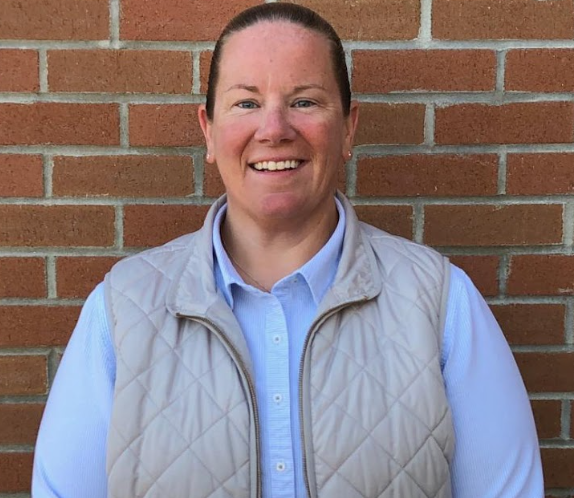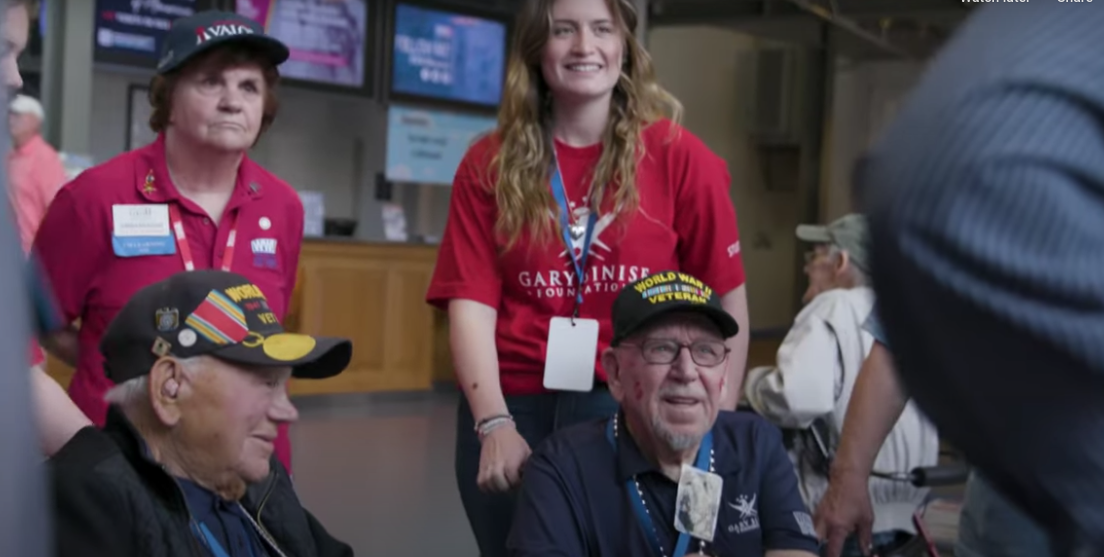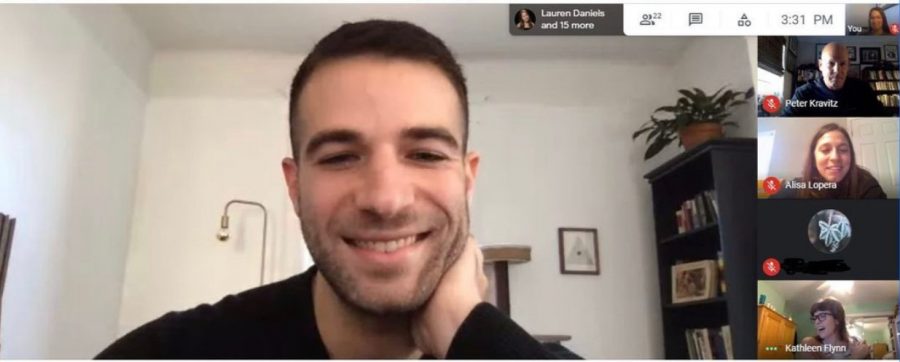An Interview with New York Times Staff Editor, Thomas Lotito
Mr. Lotito was joined by members of the NEHS, Ms. Lopera, Ms. Flynn, and Mr. Kravitz, former Warrior Moderator.
January 11, 2021
Thomas Lotito, staff editor of the New York Times, hosted a virtual questionnaire for Journalism students and the National English Honors members. He answered several interesting questions regarding his job at the major news source. Lotito explained how his passion for creative writing and reading lead him to a career in journalism.
After college where he majored in English, Lotito became a proofreader before attending Stony Brook University for graduate school. He already had a head start in the field with the internships he had acquired, leading him to work as a fact-checker for New York Times Syndicate. This was until Lotito discovered the door into the newsroom, where he had the opportunity to meet new people and float around.
When he received the position as staff editor, Lotito was quick to acknowledge the challenges this job would entail. As expected, this job is no easy task. Lotito says his biggest challenges are coping with the stress to not mess up, moving quickly but carefully, and having to issue corrections. When questioned about the important factors needed in an article for it to be published, Lotito expressed the necessity for one to answer an essential question. The audience must have knowledge as to what they are reading without any confusion or unanswered inquiries. He also stated that the difficulty of writing a headline can often be solved by adjusting it into a question.
Avoiding bias in publications is a fundamental part of being a Staff Editor. Lotito explained the methods he utilizes to avoid having any issues. He stated, “Read as a reporter, read as an editor, and read as if you are neither (normal person). Are you only reporting one side? Try to be empathetic, even if you disagree with someone, attempt at understanding why they have these beliefs.”
The opportunity to interact with someone who pursues a career in journalism was an inspiring experience for us all. By gaining knowledge from Lotito regarding everything his job entails, it sparked interest for many students considering a job in the same field.












